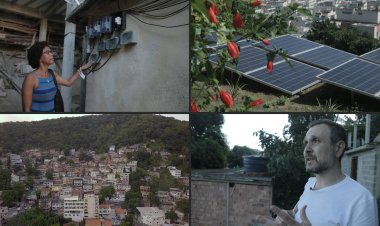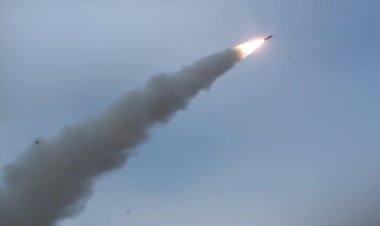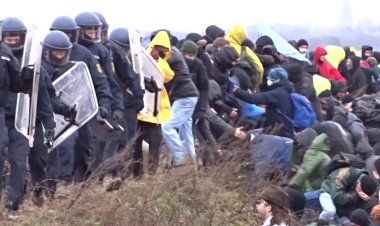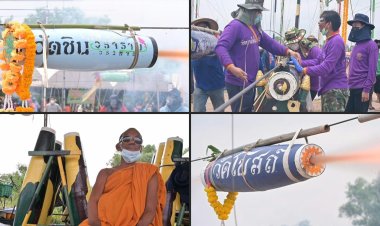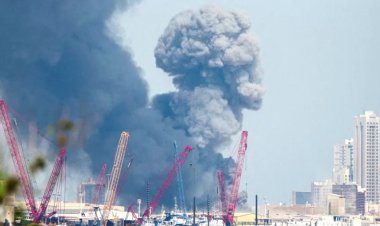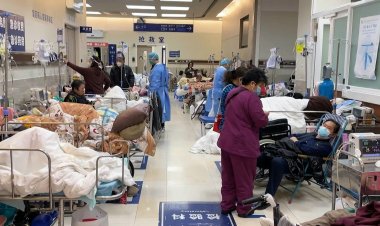El Salvador Election: Rivals Vie for Presidency
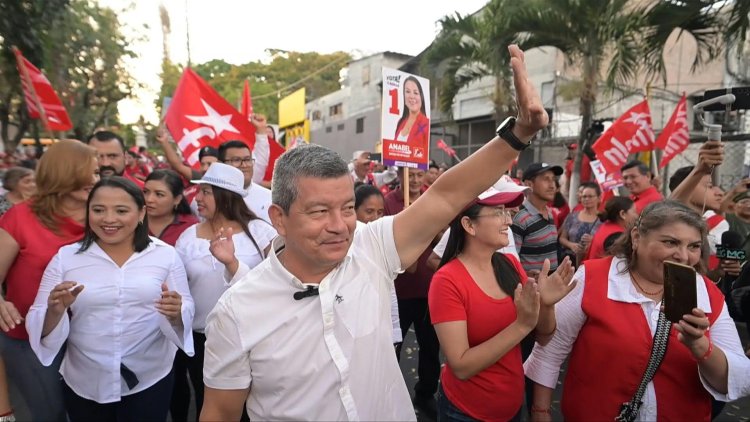
The candidates for the presidency of El Salvador closed their electoral campaign for the February 4 elections in which President Nayib Bukele is the favorite for re-election.
The Farabundo Martí National Liberation Front, with its candidate, former deputy Manuel Flores, 58, closed its proselytization in a rally on a central avenue in San Salvador.
The current rulers "promised to change the lives of the people and they really changed it, but they changed it for the worse, in debt, no one lends us money, people leave the country looking for new horizons," Flores criticized.
He highlighted that the FMLN is an organization of "heroes and martyrs, of tireless fighters" who upon coming to power will recover "dignity in the countryside" and "production and productivity."
For his part, the candidate of the Nationalist Republican Alliance, the businessman based in the United States, Joel Sánchez, 55, called for a rally in the city of San Martín, 17 km east of San Salvador.
"Salvadoran, think about your future, this February 4 let's change the course of our country, your vote is important, let's build together an El Salvador for everyone," is Sánchez's message to voters.
Relegated to single-digit percentages in all polls, both the FMLN and ARENA dominated Salvadoran politics after the civil war, until Bukele in 2019 broke that two-party system.
The electoral campaign for the presidential race began on October 3, while that for deputies began on December 3. Both end on January 31.
In El Salvador, re-election was prohibited until Bukele came to power. For this reason, opponents and lawyers affirm that his nomination is unconstitutional, enabled by magistrates appointed by a related Congress.
With a registry of 6.2 million voters, Congress will also be renewed in the elections, currently dominated by the ruling party and its allies and which will have 60 deputies instead of the current 84 after an electoral reform.




